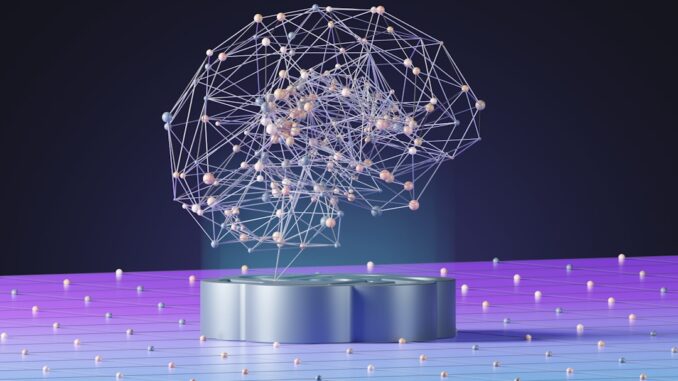
In recent years, artificial intelligence (AI) chatbots have emerged as transformative tools in the healthcare sector, significantly enhancing patient engagement and alleviating the administrative burdens on clinicians. By providing round-the-clock support and automating routine tasks, these technologies are reshaping the patient care experience and improving overall healthcare efficiency.
Enhancing Patient Engagement
AI chatbots offer patients immediate access to medical information, appointment scheduling, and medication reminders, fostering a more interactive and responsive healthcare environment. For instance, Mount Sinai Health System implemented an AI chatbot that handles basic triage questions and connects patients to relevant resources after hours, reducing the burden on call centers and building patient trust by ensuring help is always available. (quadone.com)
Moreover, these chatbots play a crucial role in chronic disease management by providing continuous monitoring and support. They can remind patients to take medications, track vital signs, and offer lifestyle advice, leading to improved adherence to treatment plans. A study highlighted that patients using AI chatbots for chronic disease management experienced adherence rates as high as 97%, demonstrating the effectiveness of these tools in promoting better health outcomes. (healthcareitnews.com)
Reducing Clinician Workload
The integration of AI chatbots into healthcare workflows has led to a significant reduction in clinician workload. By automating routine administrative tasks such as appointment scheduling, patient inquiries, and documentation, these tools free up valuable time for healthcare providers to focus on direct patient care. For example, AI-powered medical transcription tools have been shown to reduce clinician burnout by automating the transcription and summarization of consultations, allowing clinicians to spend more time with patients. (axios.com)
A notable application is the use of AI-generated drafts for patient portal messages. At Stanford Medicine, researchers found that large language models could assist clinicians in drafting responses to patient messages, reducing their cognitive workload and feelings of burnout. This integration allowed clinicians to review and edit AI-generated drafts, streamlining communication and enhancing efficiency. (med.stanford.edu)
Real-World Applications and Benefits
Several healthcare organizations have successfully implemented AI chatbots, yielding tangible benefits. Cleveland Clinic introduced the “Cleveland Clinic Assistant,” an AI chatbot designed to answer questions, book appointments, and conduct pre-appointment check-ins. This initiative alleviated the load on call centers and improved patient access to care. (clariontech.com)
Similarly, Kaiser Permanente integrated AI chatbots into their patient support systems to handle basic requests like scheduling, prescription refills, and general queries. This integration reduced call volume, shortened wait times, and streamlined the overall healthcare experience for both patients and staff. (clariontech.com)
Challenges and Considerations
Despite the promising advancements, the adoption of AI chatbots in healthcare presents certain challenges. Ensuring data privacy and security is paramount, as these tools handle sensitive patient information. Additionally, maintaining a balance between AI assistance and human interaction is crucial to preserve the empathetic aspect of patient care.
Furthermore, while AI chatbots can significantly reduce administrative burdens, they should complement, not replace, human clinicians. The human touch remains essential in healthcare, especially in complex cases requiring nuanced understanding and emotional intelligence.
Conclusion
AI chatbots are revolutionizing healthcare by enhancing patient engagement and reducing clinician workload. Their ability to provide continuous support and automate routine tasks leads to more efficient and personalized patient care. As technology continues to evolve, the integration of AI chatbots into healthcare systems holds the promise of a more responsive and effective healthcare environment.
References
-
Mount Sinai Health System’s AI chatbot implementation: (quadone.com)
-
Study on AI chatbots in chronic disease management: (healthcareitnews.com)
-
AI-powered medical transcription tools reducing clinician burnout: (axios.com)
-
Stanford Medicine’s use of AI-generated drafts for patient messages: (med.stanford.edu)
-
Cleveland Clinic’s “Cleveland Clinic Assistant”: (clariontech.com)
-
Kaiser Permanente’s integration of AI chatbots into patient support systems: (clariontech.com)


Be the first to comment